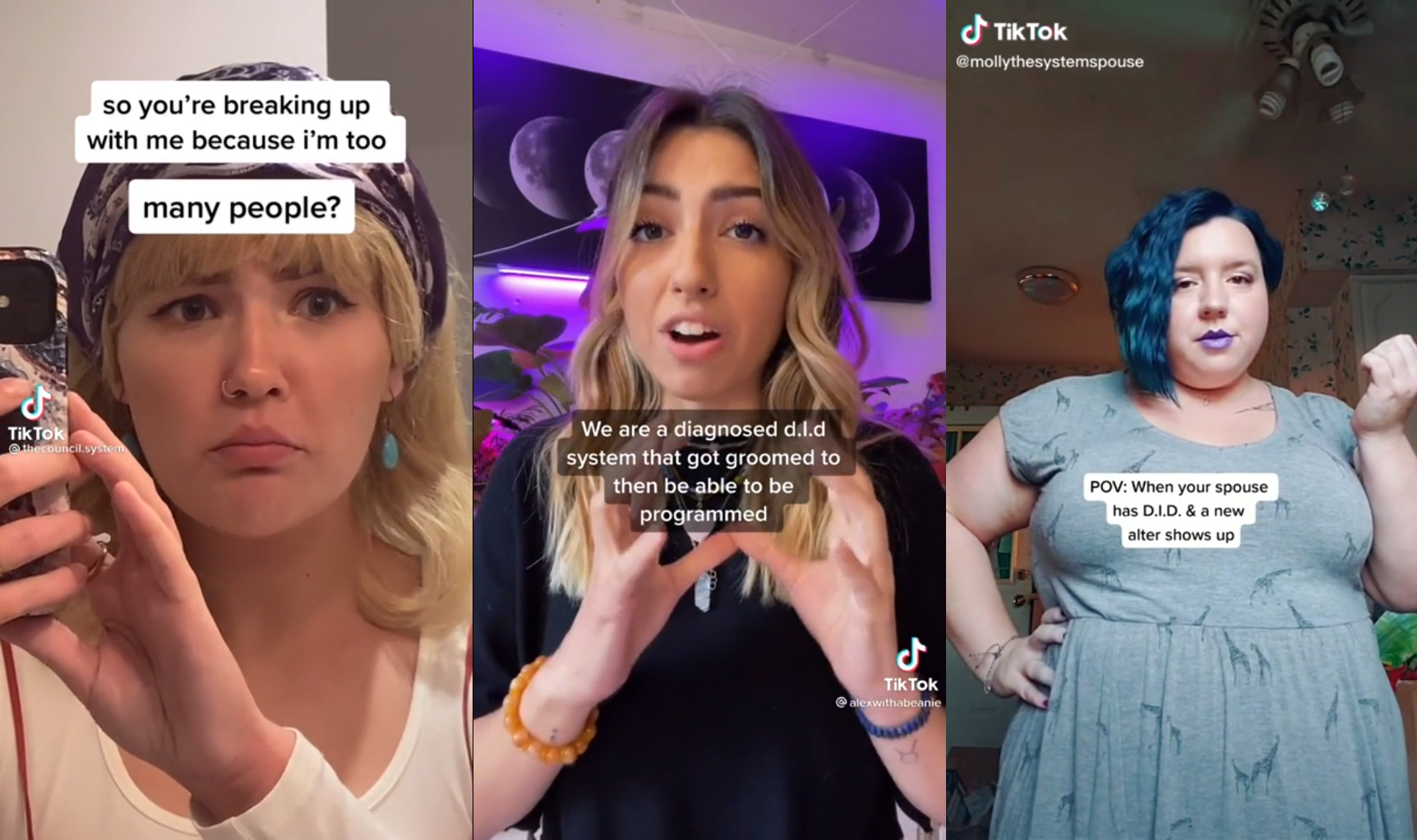

From a poll taken in 2016, 89.3 percent of all households in the United States had a computer at home. (1) 2016 was 6 years ago, so using my massive brain I believe that number has most likely risen. So...what's the problem with that? I'm glad you asked! There is no problem with the amount of computers the U.S. stockpiles, but there is a problem with how much time people spend on those computers.
Think about how much time you spend online. This can be with a phone, computer, smart fridge, apple watch, literally anything. One hour a day? Two hours a day? People who spend more than 38 hours online a week are considered to have an Internet Addiction. (2) That's about 5 hours a day spent active online. You may scoff and tell yourself "surely I'm not online for 5 hours a day!" But I implore you to check your screen time. My average screen time is 8 hours a day. Do I consider myself an Internet Addict? Not really, but according to the U.S. government I am. Not all time spent using computers is bad, however! Computers are amazing tools for learning and self improvement, if you use them properly. But I'm not here to talk about how great computers are. Let's discuss the internet, and the effects of multiple hours of browsing per day.
When you use the internet, your brain activates a combination of sites associated with rewards and pleasure. In moderation, the dopamine received from these brain sites is a good thing! However, when activated for prolonged periods of time, it becomes harder and harder to receive dopamine. (3) This leads to a need for increased stimulation to feel happy. In extreme cases of Internet Addiction, a person may even ignore common needs (food, water, sleep, etc) in order to continue using their computer. Common Internet Addcition activities are: video games, pornography, social media, gambling and other easy to access ways of triggering your brain's reward centers. This tolerance to happiness in general is no good, and leads to a mountain of developmental problems in children. In 2019, 95 percent of 3- to 18-year-olds had home internet access, according to the American Community Survey (ACS). So now we have a generation of Internet Addicted teens that struggle to feel happy like a normal human.
Social media is one of the most harmful things for teenagers to be addicted to. Most reports agree that the longer you use social media, the more you will experience depression and anxiety.(4) Some teens can get caught in a cycle of seeking validation and approval from those online. Their happiness and overall mental wellbeing becomes tied to an arbitrary number on a screen. Teen suicide rates have risen exponentially in the past decade, and it can be alluded that this increase was caused by the presence of social media. Speaking from personal experience, children are being exposed to problems they should never have to experience. Whether it be cyber bullying, grooming, traumatic content, or many other things (unfortunately) common online, kids will almost always be negatively impacted by the internet.
What do kids see online that messes up their brain so bad?
Often times, people will share certain types of content to spread awareness. This can include suicides, self harm imagery, and people with eating disorders. While spreading awareness is important, this also exposes impressionable children to something that will get them attention. A modern example of this is the explosion of Dissociative Identity Disorder content on TikTok. The hashtag "did" has over (910 million views), and #dissociativeindentitydisorder has (541 million views)(5).

Dissociative Identity Disorder is incredibly rare. So the influx of DID systems under the age of 18 tends to raise eyebrows. DID is most often diagnosed in a person's 30's or 40's, and the symptoms are typically not severe in childhood. So while the DID awareness on TikTok allowed legitimate systems to tell their stories and receive the community they needed, it also opened up many children to something that would bring them attention online. If you're already at a dopamine definciency from Internet Addiction, why not hop on a bandwagon that will guarantee you special treatment? One free ticket to happy chemical city.
What happened with DID also happens with plenty of other mental illnesses. Another example I've seen in the wild is eating disorders. The competetive nature of eating disorders such as Anorexia and Bulimia lend themselves to communities online. These communities can be found on most major social media platforms, and are extremely toxic. Users often tear eachother down, and create an illusion that recovery is evil. Being in pro eating disorder communities makes your mental state significantly worse. If you are currently suffering inside of a pro-ana group, I implore you to cut all ties and leave. Recovery is always worth it.
Aside from teenagers, adults are also negatively affected by internet usage. Adults are more likely to be addicted to websites such as Facebook. Facebook addiction is caused by the reward of new information every time you check it. With every refresh a new fact about your friends and family is available for you to read! Wonderful, right? In moderation, it is. Unfortunately Facebook was not designed with moderation in mind. Former Facebook executive Tim Kendall said Facebook was made to be "as addictive as cigarettes."(6) The Facebook corporate parent also owns Instagram and WhatsApp, leading to many people suffering from addiction to these apps as well.
This all sounds pretty horrible, what can I do to prevent Internet Addiction?
To start, if you are concerned about your online habits, log how much time you spend online! Being aware of the problem is the first step, so we've already made progress. If you notice you're spending much longer staring at screens then you'd like, set limits to your browsing. Setting timers or activating parent controls on your computers is a helpful way of keeping yourself in check. Also, remember to take breaks. Staring at anything for too long is harmful, so get up and take a walk! When you enter social situations, turn off your cellphone completely unless you really need it. Combating something like Internet Addiction will be really difficult for those born in the modern generation. Breaking habits you've had your entire life is no easy task, but I have faith that things will improve with time.